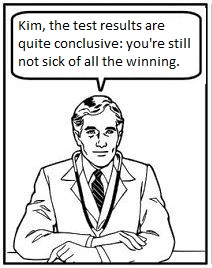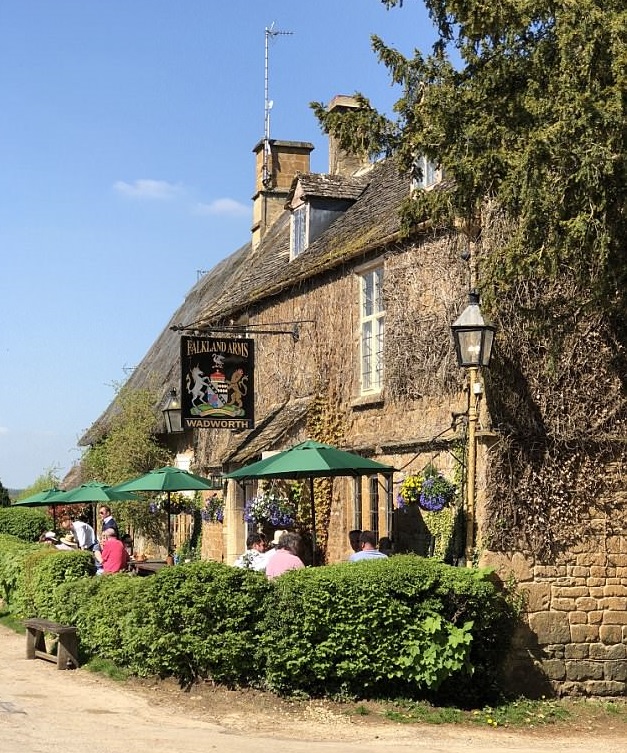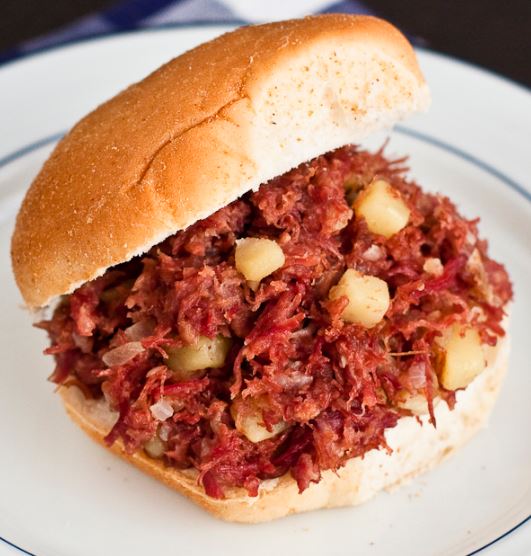Wow. So Michigan, once the very epitome of a union-controlled state, has kicked ass with a new law:
This week the Michigan House of Representatives took up a measure to put an end to a rule called the “prevailing wage,” a requirement that forces all construction projects initiated by state government to pay workers the same wage union members make even if the workers hired for said projects are not members of a union, MLive.com reported.
The measure passed, but how it became law is extremely impressive:
The petition submitted to the House could have been allowed to become a ballot measure, and likely that is what Protect Michigan Taxpayers expected to become of their petition. However, the state legislature always has the option to submit a petition straight to the state house and that is what the Michigan Senate did when they heard the petition and then voted 23-14 to enact its provisions. That prompted the Michigan House to take up the idea and they passed it as well, 56-53.
Indeed, since the petition met the required number of signatures to be considered and since both houses of the legislature voted to approve it, this repeal doesn’t even have to go to the Governor’s desk for a signature. It will now simply be put into service.
Hence, Michigan’s prevailing wage rule is a dead letter.
Hubba hubba. Now go and read the rest of the article, which argues quite persuasively against the concept of federal employee unions.





